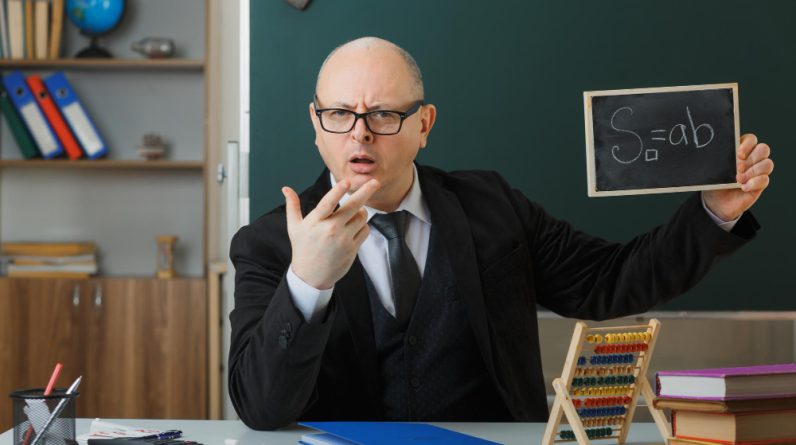
Introduction
Mike Collins, often referred to as the “forgotten astronaut” of the Apollo 11 mission, played a pivotal role in one of humanity’s greatest achievements—landing on the Moon. While Neil Armstrong and Buzz Aldrin explored the lunar surface, Collins piloted the command module, ensuring the mission’s success. But what prepared him for this monumental task? Let’s explore the educational journey that equipped Mike Collins with the skills and knowledge to excel in the field of space exploration.
Early Life of Mike Collins
Born on October 31, 1930, in Rome, Italy, Mike Collins was the son of a U.S. Army officer. His upbringing in a military family exposed him to discipline, structure, and the value of education from an early age. Moving frequently due to his father’s assignments, Collins developed adaptability and resilience, traits that would serve him well in his future career.
Primary and Secondary Education
Collins’ early education took place across various locations due to his family’s frequent relocations. He attended several schools, gaining exposure to different educational systems and cultures. This diverse background helped shape his worldview and intellectual curiosity.
High School Years
During his high school years, Collins showed a keen interest in science and engineering. His academic achievements reflected his dedication and aptitude for subjects that would later become integral to his career. Encouraged by his family’s military tradition, he also began considering a future in the armed forces.
Higher Education
Admission to West Point
Collins was accepted into the United States Military Academy at West Point, one of the most prestigious institutions in the country. Here, he pursued a rigorous curriculum that emphasized engineering, leadership, and physical fitness.
Key Subjects Studied
At West Point, Collins focused on subjects such as mathematics, physics, and engineering—disciplines that provided a strong foundation for his future endeavors in aviation and space exploration. He graduated in 1952, earning his commission as a second lieutenant in the U.S. Air Force.
Military Training and Advanced Education
Pilot Training Programs
After graduating from West Point, Collins underwent pilot training at Columbus Air Force Base in Mississippi. His natural aptitude for flying quickly became evident, and he excelled in both theoretical and practical aspects of aviation.
Specialized Courses in Aeronautics
Collins continued his education through specialized courses in aeronautics and aerospace engineering. These programs equipped him with advanced knowledge and skills, preparing him for the challenges of high-altitude flight and space missions.
Preparation for Space Missions
As a test pilot, Collins gained invaluable experience operating cutting-edge aircraft. This role required quick thinking, technical expertise, and the ability to remain calm under pressure—qualities that would later define his contributions to the Apollo program.
The Role of NASA Training
In 1963, Collins was selected as part of NASA’s third group of astronauts. The training regimen was intense, covering everything from spacecraft systems to survival skills. Collins mastered orbital mechanics, navigation, and rendezvous techniques, all of which were critical for his role in Apollo 11.
Career Milestones and Lifelong Learning
Throughout his career, Collins continued to learn and adapt. His experiences as an astronaut, test pilot, and later as the director of the Smithsonian National Air and Space Museum showcased his commitment to education and personal growth.
Influence of Education on His Contributions
Collins’ educational background was instrumental in his success. His training in engineering and aeronautics allowed him to troubleshoot complex systems, while his military education instilled discipline and leadership. These qualities were vital during the Apollo 11 mission, where precision and reliability were paramount.
Comparisons with Other Astronauts’ Education
While many astronauts of his era shared similar educational paths, Collins’ unique combination of military discipline, technical expertise, and adaptability set him apart. His ability to apply theoretical knowledge in practical scenarios was a hallmark of his career.
Legacy of Mike Collins’ Education
Mike Collins’ educational journey serves as a testament to the power of a strong foundation in science, technology, engineering, and mathematics (STEM). His achievements continue to inspire aspiring astronauts and engineers, highlighting the importance of perseverance and lifelong learning.
Conclusion
Mike Collins’ education was a blend of formal schooling, military training, and hands-on experience. This combination prepared him for the challenges of space exploration and beyond. His story reminds us that education is not just about acquiring knowledge but about applying it to make a difference.
FAQs
- Where did Mike Collins go to college?
Mike Collins attended the United States Military Academy at West Point, where he graduated in 1952. - What did Mike Collins study at West Point?
Collins studied engineering, mathematics, and physics, which provided a strong foundation for his career in aviation and space exploration. - How did Mike Collins’ military training prepare him for space exploration?
His military training emphasized discipline, leadership, and technical skills, all of which were crucial for his role as an astronaut. - What role did NASA training play in his success?
NASA training equipped Collins with advanced knowledge of spacecraft systems, orbital mechanics, and mission operations, ensuring his readiness for Apollo 11. - How does Mike Collins’ education inspire future astronauts?
His journey highlights the importance of STEM education and the value of perseverance, inspiring future generations to pursue careers in space exploration.





